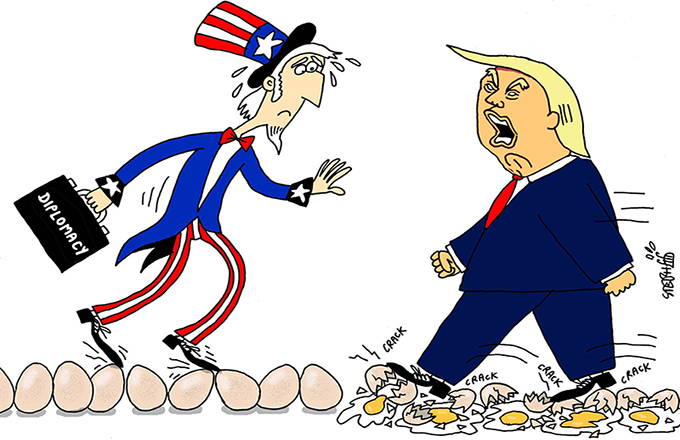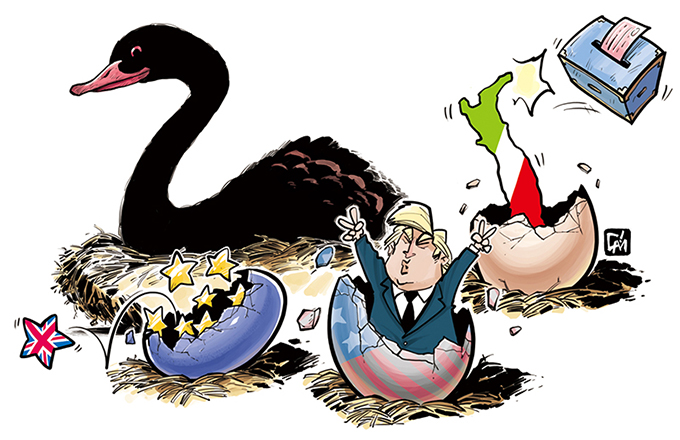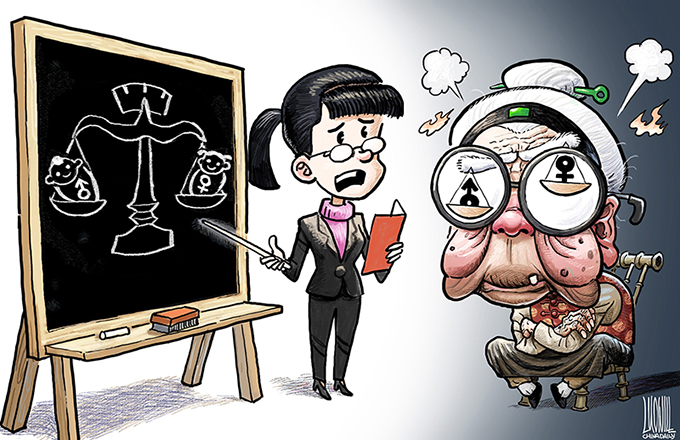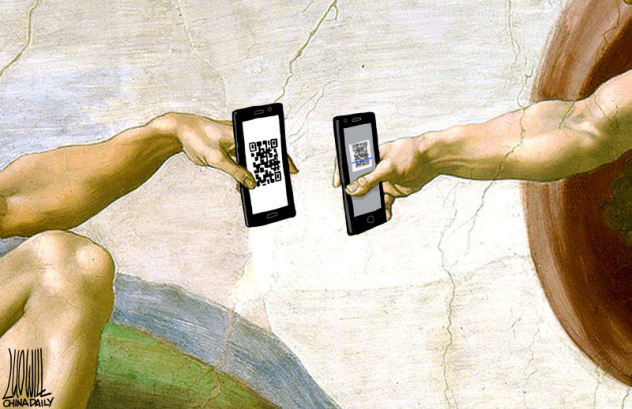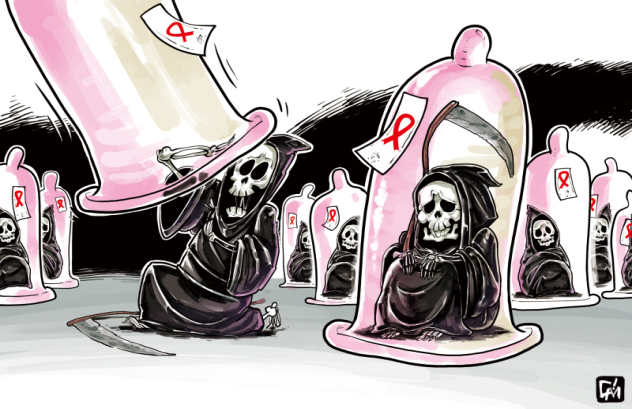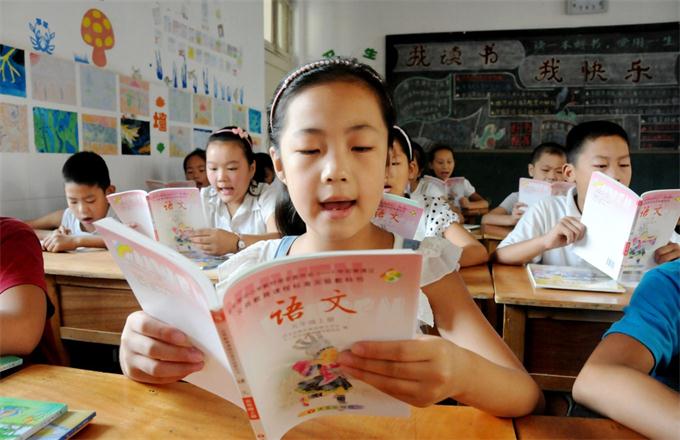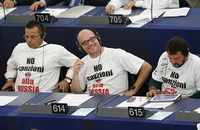Expedient needs not good basis for reconciliation
 |
|
Japanese Prime Minister Shinzo Abe gestures during a press conference in Buenos Aires, Argentina, November 21, 2016. [Agencies] |
Japanese Prime Minister Shinzo Abe's upcoming visit to Pearl Harbor later this month could be as historic and eye-catching as US President Barack Obama's trip to Hiroshima seven months ago.
Abe will be the first Japanese prime minister to visit the site of Japan's notorious attack on the United States in 1941, while Obama was the first US sitting president to visit the city on which the US dropped an atomic bomb in World War II.
Yet, just as Obama's journey to Hiroshima did not change the rationale for the US' decision to drop the atomic bomb on Hiroshima on Aug 6, 1945 and another one on Nagasaki three days later, Abe's visit to Pearl Harbor and to the USS Arizona Memorial will never overturn the fact that Japan's surprise attack on Pearl Harbor in December 1941 was a war crime. As were the invasions Japan launched against China and its other Asian neighbors.
White House spokesman Josh Earnest was only half right when he said that the power of reconciliation has turned the former adversaries into the closest of allies.
It is indeed necessary for the adversaries in the war to be reconciled with each other. But true reconciliation must be based on the condition that the culprit for the war has demonstrated that it sincerely regrets what it did and has been forgiven by the countries it victimized.
We have no idea whether Shinzo Abe will offer a sincere apology for Japan's attack on Pearl Harbor during his visit.
In his statement to mark the 70th anniversary of the end of World War II, Abe did not mention atrocities, such as the Nanjing Massacre, committed by Japanese troops, nor the surprise attack on the US.
Abe himself has written messages to praise convicted Japanese war criminals and glossed over the issue of "comfort women", who were women the Imperial Japanese Army forced to be sex slaves during the war.
Expedient mutual needs on both sides should not eclipse the fact that Japan owes the US and other countries sincere repentance for what it did during the war, which can only come when it stops trying to whitewash its past, something the US has condoned in exchange for Japanese support in the pursuit of its pivot to Asia strategy.
When real remorse and understanding from Japan are conspicuously absent under Abe, it is clear that the power of expediency rather than true reconciliation has turned these former adversaries into the closest of allies.
- Abe's visit to Pearl Harbor called 'hypocritical gesture'
- Who will pay for Abe's "dream of militarism"?
- Abe says Trump a leader he can have confidence in
- Trump, Abe meet in NYC
- Trump's foreign policy cause of concern for Abe
- Abe has chance to be longest-ruling PM after rule change
- Abe administration still dragging its feet over ratification of Paris pact




